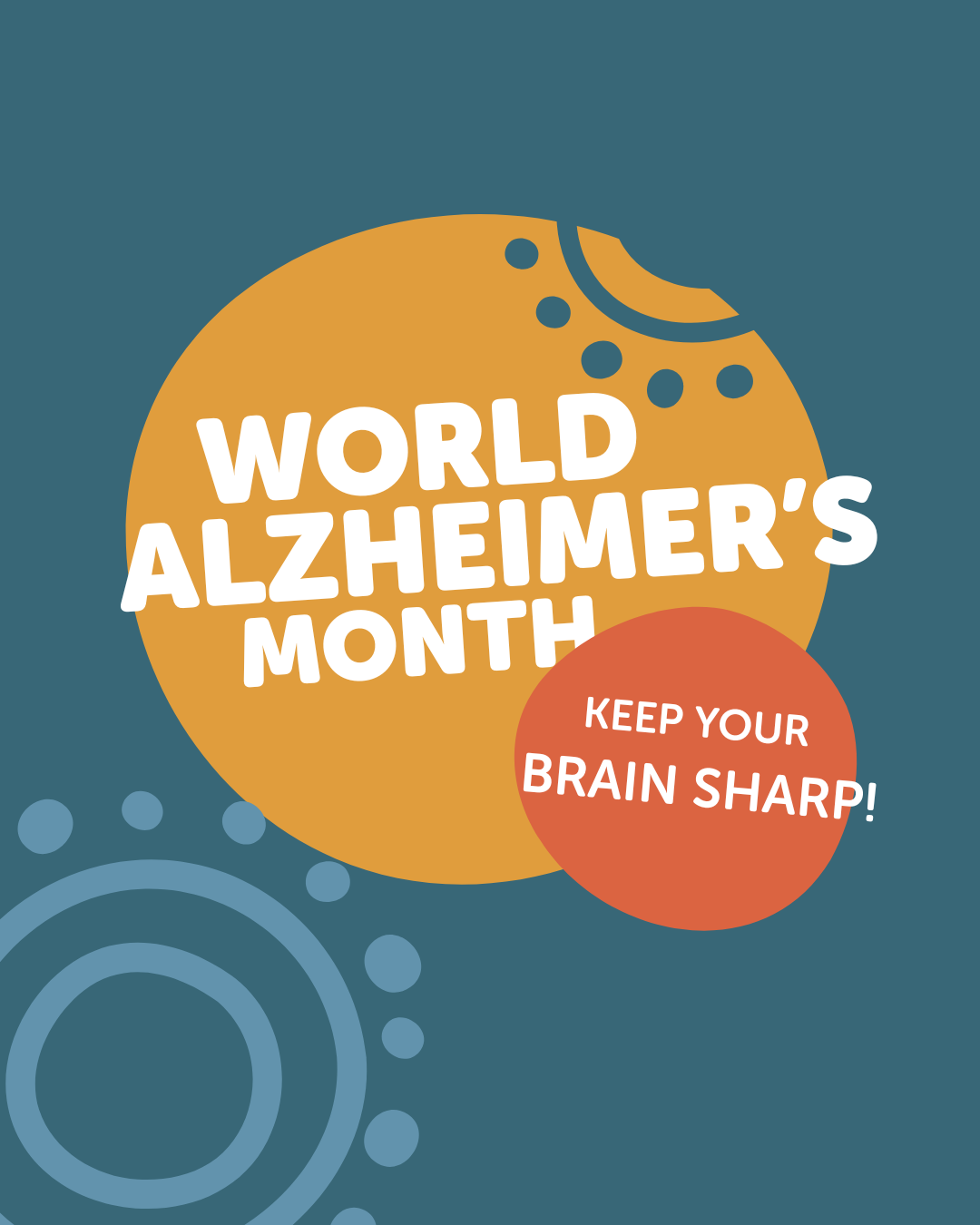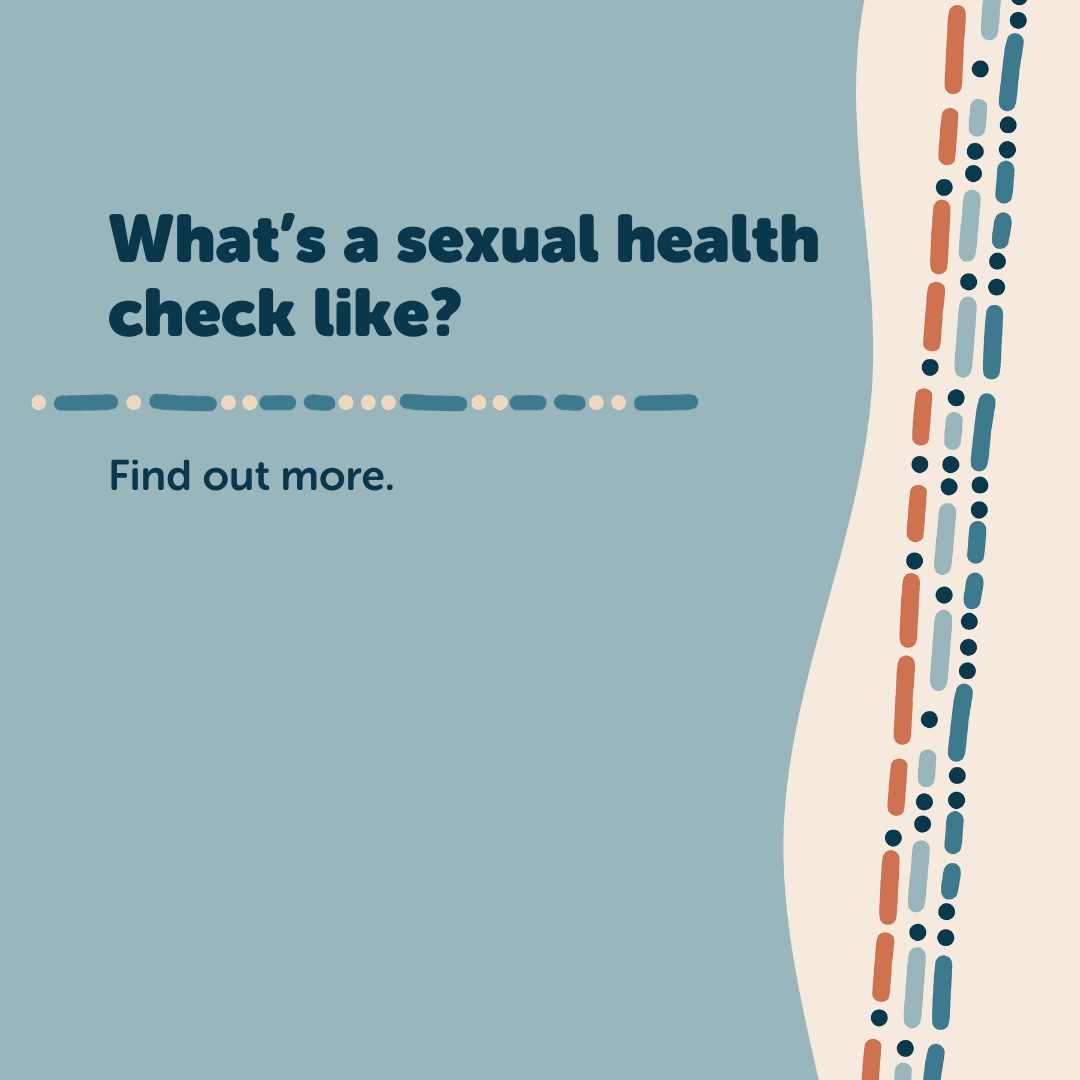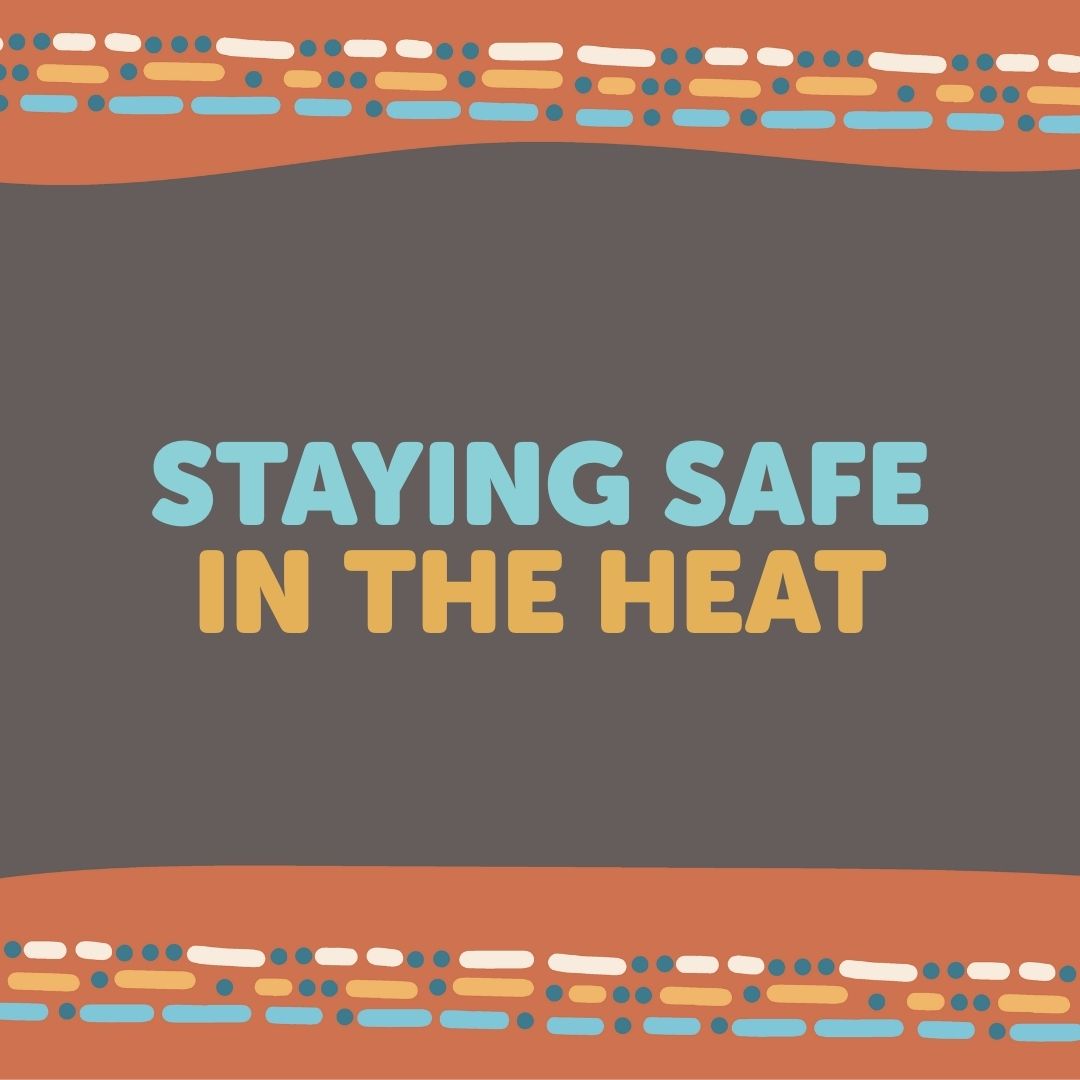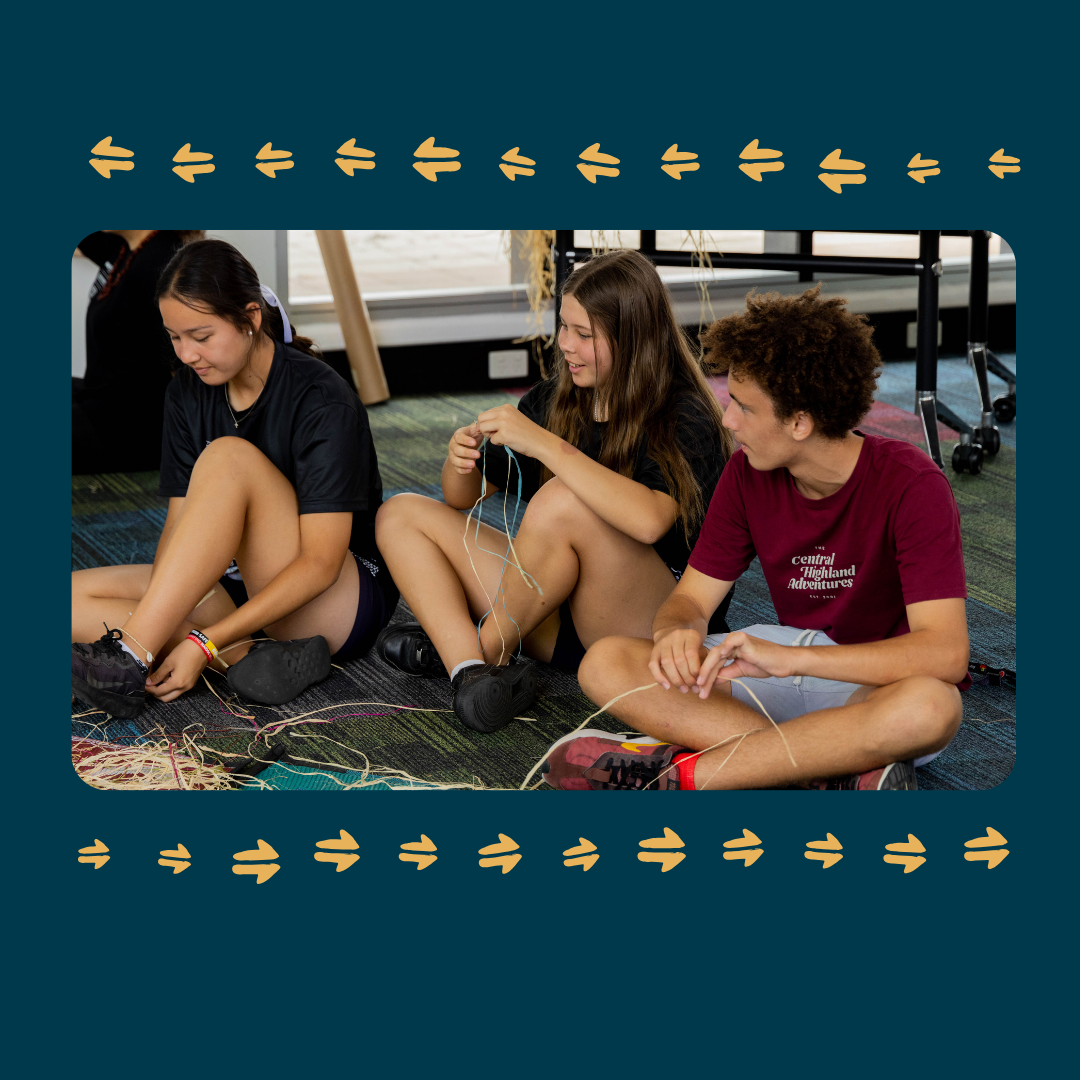Keeping our minds strong: Protecting brain health and reducing the risk of Alzheimer’s
Alzheimer’s disease is a progressive brain condition that affects memory, thinking and behaviour. Read on for tips on preventing Alzheimer’s and supporting strong minds across the lifespan.



Alzheimer’s disease is a progressive brain condition that affects memory, thinking and behaviour. It’s one of the leading causes of dementia, and rates are rising across Australia, including in our Mob.
Research shows that Aboriginal and Torres Strait Islander people are more likely to experience dementia earlier and more severely than non-Indigenous Australians. But there are steps we can take, at every age, to look after our brains, our memories and our wellbeing.
Below are some simple and powerful tips for preventing Alzheimer’s and supporting strong minds across the lifespan.
Eat well
A healthy diet doesn’t just keep our bodies strong; it also feeds our brains.
Tips for a brain-healthy diet:
- Choose fresh, whole foods like vegetables, fruit, lean meats, beans and bush tucker.
- Eat oily fish (like tuna, sardines, and salmon) 2–3 times a week. These are rich in omega-3s, which support memory.
- Limit sugar, salt and processed foods (like soft drinks, chips, and fast food), which can damage brain health.
- Include native foods like kangaroo, yams and bush tomatoes. They are high in nutrients and part of our traditional ways.
Check Good Quick Tukka for some recipes.
Keep your mind active
Mental stimulation helps build new connections in the brain and can slow or prevent memory decline.
Cognitive activities for strong minds:
- Do puzzles or crosswords or play card games with family.
- Learn new things, like crafts, technology or a new language (including connecting with your traditional language, if possible).
- Share stories with younger generations. Oral storytelling keeps our knowledge alive and minds engaged.
- Join a local community group, such as a Men’s or Women’s yarning circle.
Move your body
Physical activity increases blood flow to the brain and reduces risk factors for Alzheimer’s like diabetes, high blood pressure and depression.
Movement ideas for all ages and abilities:
- Walk on Country, swim, dance or do gentle stretching – every bit counts.
- Sing out to your local clinic to ask about our Work it Out program.
- Check with your local council to see if they have walking groups and activities for seniors.
Even 30 minutes a day of movement can make a difference.
What’s that? Check your hearing
Poor hearing reduces your connection to family, Country and culture. If a family member or friend tells you, you should get your hearing checked, take their advice.
Ask about a hearing screening as part of your next 715 health check.
Look after your whole self
We know that health is more than just the body – it’s spiritual, cultural and social too.
Supporting brain health also means:
- Staying socially connected – visit family, attend community events, stay involved.
- Looking after your spirit through culture, connection to Country and healing.
- Managing stress and mental health – talk to your GP, Aboriginal health worker, or someone you trust.
- Quitting smoking.
- Avoiding too much alcohol.
Concerned about memory loss?
If you or a loved one are experiencing memory problems, confusion or changes in thinking or mood, don’t wait – sing out to your local clinic.
Early support can make a big difference.
Need support?
Check out iuih.org.au/clinics to find one near you. You can also sing out to Mob Link on 1800 154 354 from 7am-8pm, seven days a week, including public holidays.
Never miss out!
Subscribe to our newsletter to stay up to date with the latest events and news from our team.




